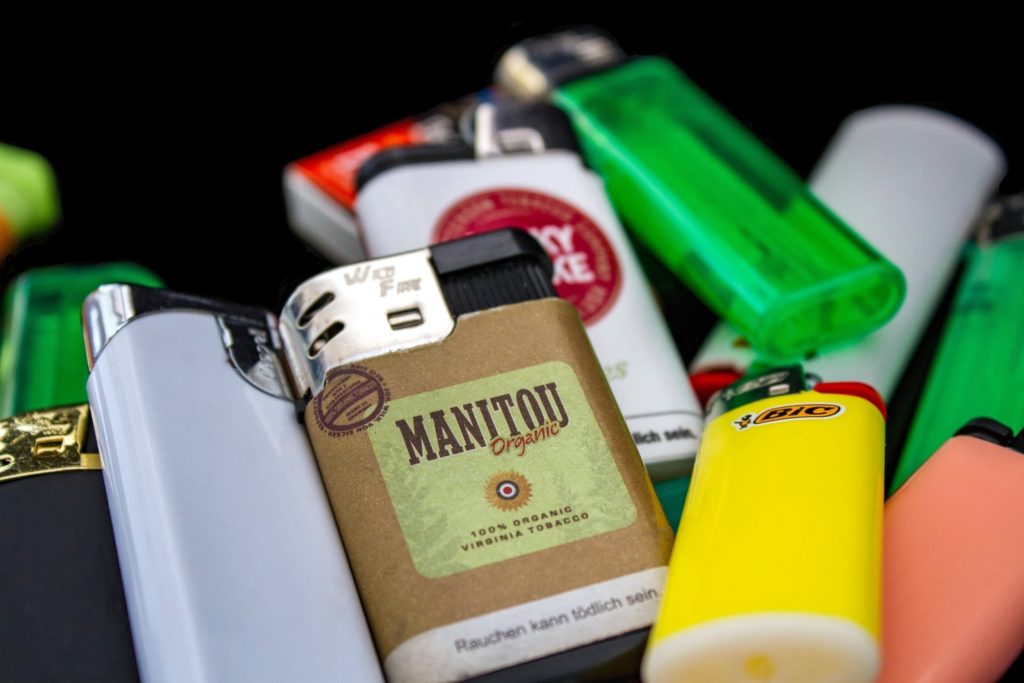Overview of Texas Tobacco Tax Audit Rule 155
If the Texas Criminal Investigations Division (CID) randomly stops by your place of business for a routine audit, you may want to know your obligations. They are primarily looking for proof that you only purchased tobacco products from authorized vendors. Authorized vendors are those who are registered with the State of Texas. This is the State’s way to ensure that you have paid tobacco tax.
Record-Keeping Requirements Under Texas Code 155
The rule under Texas Code 155 is clear:
- Books and records for a tobacco retailer must be kept at their place of business if they have only one place of business.
- If they have two or more places of business, records can be kept either at the main location or at each location respectively.
Legal Consequences for Non-Compliance
As a retailer, Texas Code 155 states that simply not keeping adequate books and records of tobacco taxes paid by a retailer results in a 4th degree felony.
You may be able to get around this if you at least provide the name of the retailer from whom you purchased, so the State can obtain the records from that seller.
Important: Failure to keep proper records could lead directly to criminal prosecution, not just financial penalties.
What Happens in Case of Forfeiture?
If you purchased tobacco products and they were taken using the laws of forfeiture, then you will have to appeal the forfeiture in a board of appeals administrative hearing.
When the retailer does not pay tobacco tax and/or maintain their records properly, they are unlikely to succeed on appeal.
Enforcement Process by the CID
At this point, the CID will wait for the records. If they do not receive them:
- They will likely seek a warrant for your arrest.
- There is no civil monetary penalty that can be applied in lieu of criminal charges and an arrest.
Facing a sales tax audit in Texas? Contact our attorney for a consultation
Frequently Asked Questions
What is Texas Code 155 and how does it relate to tobacco retailers?
Texas Code 155 is a set of regulations that govern how tobacco retailers must handle tobacco tax compliance. It mandates that retailers purchase tobacco products only from authorized vendors and keep thorough records to prove taxes have been paid.
What records must a tobacco retailer maintain under Rule 155?
Retailers must maintain books and records showing tobacco tax payments at their place of business. If they operate multiple locations, records may be kept at the main office or at each individual location, as long as they are accessible for audit.
What are the penalties for failing to keep proper tobacco tax records?
Failure to maintain proper records can result in a 4th degree felony charge. If the retailer cannot produce documentation during an audit, criminal prosecution may follow—even if no financial penalty is assessed initially.
What should a retailer do if their tobacco products are seized?
Retailers can appeal the forfeiture of their products in a board of appeals administrative hearing. However, if they failed to pay taxes or maintain records, their appeal is unlikely to succeed.
What happens if the CID does not receive the required records during an audit?
If the Criminal Investigations Division does not receive proper documentation, they may proceed with seeking a warrant for the retailer’s arrest. Civil fines cannot replace criminal charges in these cases.

